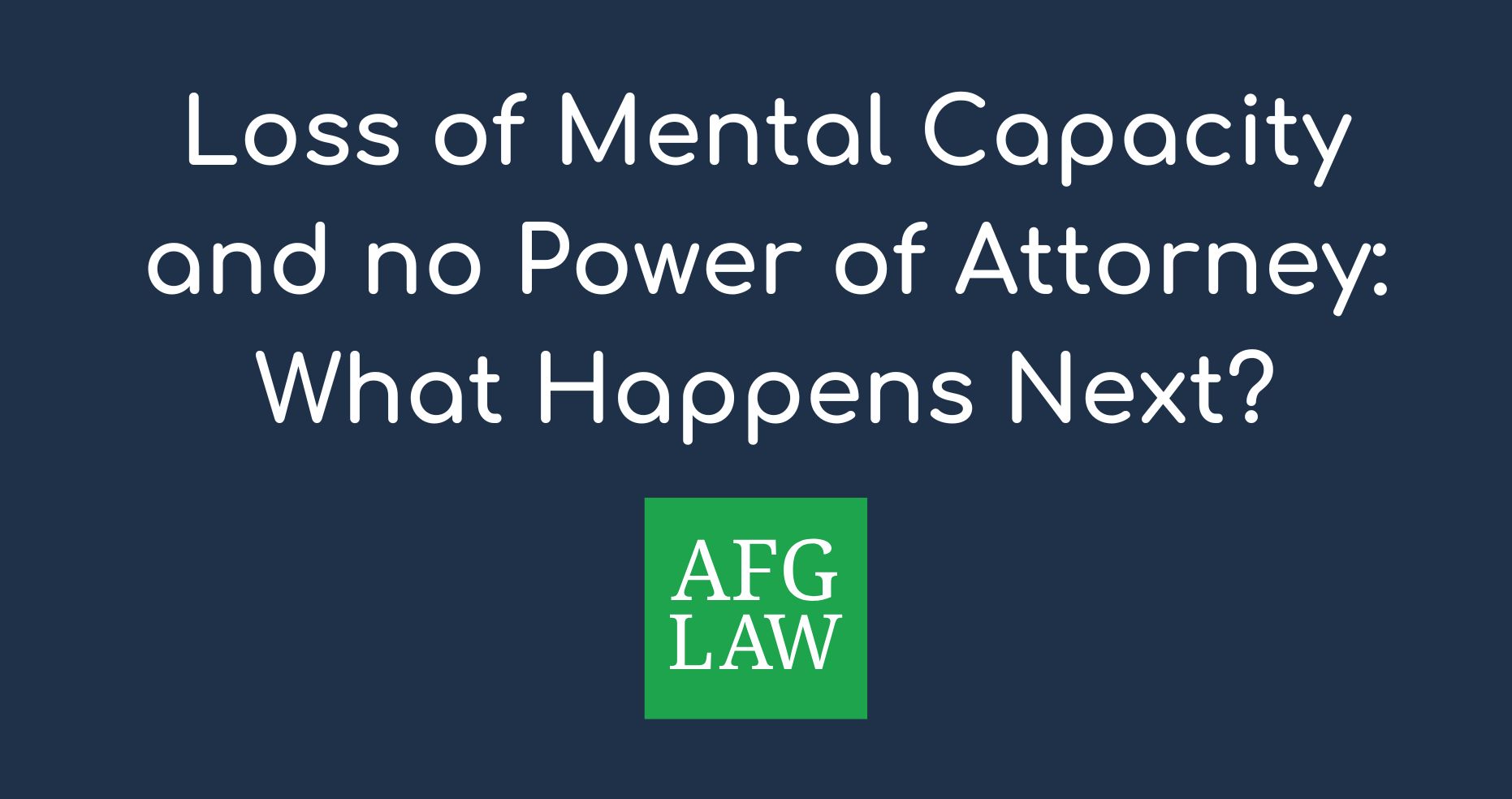Understanding the legal relationship between neighbouring properties is an important part of owning, buying, selling, or developing land. Easements and rights of way play a key role in land law, they are the rights that allow one property to use another’s land for a specific purpose, like access or drainage
At AFG Law, our expert commercial property team has extensive experience in advising on, negotiating, and resolving easement issues. Whether you are dealing with a dispute, considering a land purchase, or facing restrictions on development, it is essential to understand what easements and rights of way are, how they arise, and how they can affect your property.
What is an Easement?
An easement is a legal right for one piece of land (dominant land) to use another adjoining or nearby piece of land (servient land) for a specific purpose. Common types of easements and rights of way include:
- Rights of way for walking or driving
- Rights to locate and connect into a sewerage treatment plant
- Rights to drainage or water supply
- Rights to support from neighbouring land
- Rights to park vehicles
Easements provide practical benefits to landowners and are binding on future owners. The benefit of the easement typically passes automatically to anyone who later acquires the dominant land.
How Do Easements Arise?
Easements can be granted or reserved in several ways, each with different legal effects.
Express Grant
The most common method of granting an easement involves a formal express grant through a deed, commonly during a sale or transfer of land. The easement will then be registered at the Land Registry, ensuring legal protection under the Land Registration Act 2002.
Implied Easements
Where no formal grant is made, the law may still recognise an implied easement. these often arise in cases where land is divided, and access or service rights are necessary for reasonable use.
Prescriptive Easements
An easement arising from long-term use is known as a prescriptive easement. Generally, if a person uses another’s land openly, continuously, and without permission for at least 20 years without interruption, they may acquire legal rights through prescription. This commonly applies to access routes or pathways used over decades.
Rights of Way and Public Access
Rights of way are among the most frequently encountered and contested easements. These may be private rights of way, benefiting a specific landowner, or public rights of way, such as public footpaths, bridleways, restricted byways, and byways open to all traffic (BOATs).
- Public footpaths permit pedestrian access.
- Restricted byways allow walking, cycling, horse riding, and non-mechanically propelled vehicles (such as horse-drawn carts).
- Byways open to all traffic can be used by vehicles, cyclists, walkers, and horse riders.
These routes are recorded on definitive maps held by local county councils. If a dispute arises over whether a route is a public path, the local authority can be approached to clarify or modify the designation.
How Do Easements Affect Property Owners?
Property owners must be aware of any easements affecting their land. For landowners burdened with an easement, there may be restrictions on development or use of the land, such as keeping access routes clear or avoiding interference.
For buyers or developers, confirming that the land has appropriate access or utility rights (e.g., drainage or road access) is essential. A lack of legal access can significantly reduce a property’s value or block development entirely. Obtaining easements where there is the propect of development can also be expensive.
When considering development, it is important for a buyer to consider whether any existing easements will be sufficient once the land is developed. A parcel of land may have the benefit of an easement that use of that easement may be restricted to a specific purpose (for example, agricultural purposes). This can be a common reason for disputes where land development is involved,
Disputes and Resolution
Disputes over easements are common, often involving blocked access, excessive use, or arguments about whether an easement exists at all. Typical issues include:
- Obstruction of a right of way
- Disputes about the scope of use (e.g. foot traffic vs vehicle access)
- Claims based on prescriptive easements
- Failure to register or properly record an express grant
- Limitations on the easement where they are restricted to a particular use
In such cases, AFG Law can assist with investigating title documents, reviewing historic use, negotiating resolutions, or, where necessary, bringing legal action to enforce rights or defend claims.
Can Easements Be Terminated or Changed?
Generally, easements cannot easily be terminated without consent from both parties. However, they may be:
- Released by mutual agreement and documented by deed
- Modified by court order in certain circumstances
- Extinguished through long-term abandonment, though this is difficult to prove
As easements are property rights, they usually bind all future owners unless formally released.
How AFG Law Can Help
When buying, selling, or developing land, it’s vital to conduct thorough due diligence on any existing or required easements. The absence of a legal right to access a property, even across a short track, can create major problems.
At AFG Law, we offer clear, commercially focused advice. Our solicitors can help you:
- Investigate registered and unregistered easements
- Draft or negotiate easement deeds
- Resolve disputes relating to access or usage
- Represent you in litigation where necessary
Whether you are a landowner, developer, investor or buyer, we will ensure your rights and risks are fully understood and protected.
For tailored legal support on easements, rights of way or other land-related matters, contact our experienced commercial property team today via email at commercialpropertyenquiries@afglaw.co.uk or telephone on 0161 515 2577.









